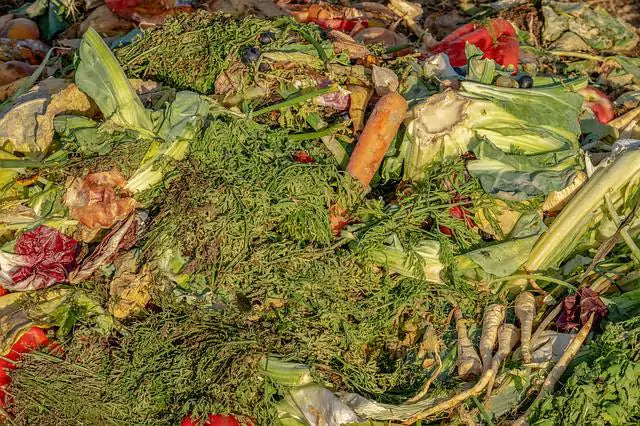Why not add these to compliment your wheelie bins?
Your basket is currently empty.
Shop NowWe guarantee to have the lowest price! Find the same bin for a cheaper price and we will beat it!

Have you ever thought about starting a compost heap? Composting really helps reduce waste. It also gives you some nutrient-rich mulch for your garden in the bargain. However, are you clear on what you can and can’t compost? Can you compost materials like animal waste? We’ll tell you.
A good compost heap needs a mix of ‘green’ and ‘brown’ waste for the best results. ‘Green’ waste is organic waste that rots quickly and gives compost its nitrogen and moisture. ‘Brown’ waste is waste that’s slower to rot, provides fibre and carbon, and allows air pockets to form. Keeping a good airflow around your compost heap helps everything break down fast.
If you’ve done your research, you’ll know that there are some things you should never put on a compost heap. These include:
These materials will encourage pests and they will also create a nasty odour as they break down. Organic compost should never smell bad, it usually has an earthy odour.
Generally, you can compost waste from animals with vegetarian diets. So rabbit, chicken, and guinea pig poo are okay. Their waste contains nutrients and organic matter that will help your soil. If you want to compost dog waste, you should use a special composter. Any dog waste compost pile you start should be separate from your main compost pile. Dogs are carnivores and their waste contains organisms that you definitely wouldn’t want to sprinkle over your vegetable garden. You can use composted dog waste on plants that you aren't going to eat. However, we would probably recommend just leaving in the normal bin instead of risking it!
Note that cat waste should never be added to compost. It contains a pathogen that causes toxoplasmosis. This is a serious illness that poses a risk to pregnant women.
Okay, we concede that it’s better in a compost heap than on your lawn. However, as dog waste can contain parasites and other organisms if you are going to compost it, do it in the right way.
Remember, never use composted dog waste on edible plants or vegetables. Heating your compost pile will kill some of the bacteria, but you can’t guarantee it will kill all of them. Composting can be a great way to reduce waste and help the environment. Just be vigilant that you’re putting the right things on your pile for the best (and safest) results. For more interesting articles on all things waste and sustainability, check out the rest of our blog.
Due to the incoming simpler recycling legislation we are experiencing a huge increase in demand. All orders are being processed as fast as possible, but there is a delay of around 2-3 weeks at present. We will respond to all emails as soon as we can but please bear with us as we work through the backlog.